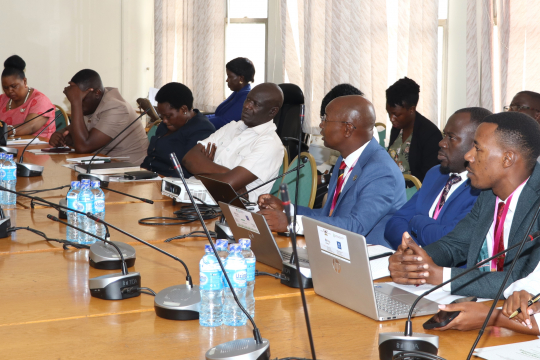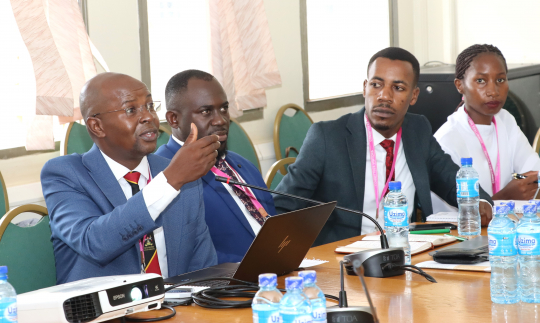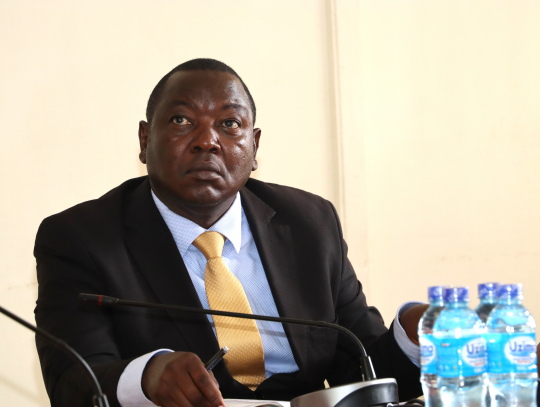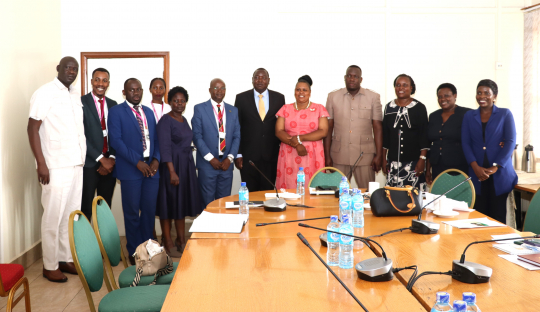Researchers from EfD Uganda presented findings to the Ugandan parliament on May 3rd, shedding light on the country's heavy reliance on biomass and proposing policy adjustments towards cleaner energy sources.
Led by EfD researchers Edward Bbaale, Peter Babyenda, John Sseruyange, and Nick Kilimani, the study titled Promoting Inclusive Clean Energy Transition in Uganda: Evidence, Challenges, and Policy Options underscored the prevalence of biomass, notably charcoal, as the primary energy source in Uganda, particularly in low-income urban areas like Kampala.
The findings highlighted various obstacles hindering the nation's energy transition, including a reluctance to adopt alternative sources such as electricity and liquid petroleum gas (LPG), limited awareness, high costs, and regulatory gaps.
In discussions with members of the Parliamentary Committee on Environment and Natural Resources, Professor Edward Bbaale emphasized the importance of parliamentary involvement in leveraging research insights for effective policymaking and driving tangible policy and behavioral changes.
The consequences of biomass dependency extend beyond energy provision, impacting Uganda's forest cover, which has significantly declined over the years. Edward Bbaale also addressed the public health implications, particularly for women and children, and the socioeconomic challenges associated with biomass collection.
Despite Uganda's ambitious development plans like Vision 2040 and NDP III, the transition to clean energy remains sluggish, primarily due to issues of availability, affordability, reliability, efficiency, and cultural norms.
Edward Bbaale proposed a range of recommendations, including infrastructure improvements, financial incentives, public awareness campaigns, and regulatory enhancements. He urged parliamentarians to explore subsidy programs, encourage private sector investments, and promote shifts in attitudes towards clean energy adoption.
Emmanuel Otala, Chairperson of the Parliamentary Committee on Environment and Natural Resources, commended the research findings as valuable contributions to Uganda's environmental policies. He expressed commitment to utilizing research insights for pragmatic policy interventions.
Christine Kaaya Nakimwero and other MPs echoed the need to address issues such as census tools, emissions accountability, and affordability barriers. Christine Kaaya Nakimwero underscored the importance of aligning policies with cultural realities and grassroots needs.
See film clip from UBC Television Uganda from the event!
Detailed article on Makerere news!
https://news.mak.ac.ug/2024/05/efd-takes-research-findings-to-parliament-advocates-for-regulatory-and-policy-framework-to-support-transition-to-clean-energy-for-households/
Also been shared on the Mak homepage https://www.mak.ac.ug
By: Jane Anyango



